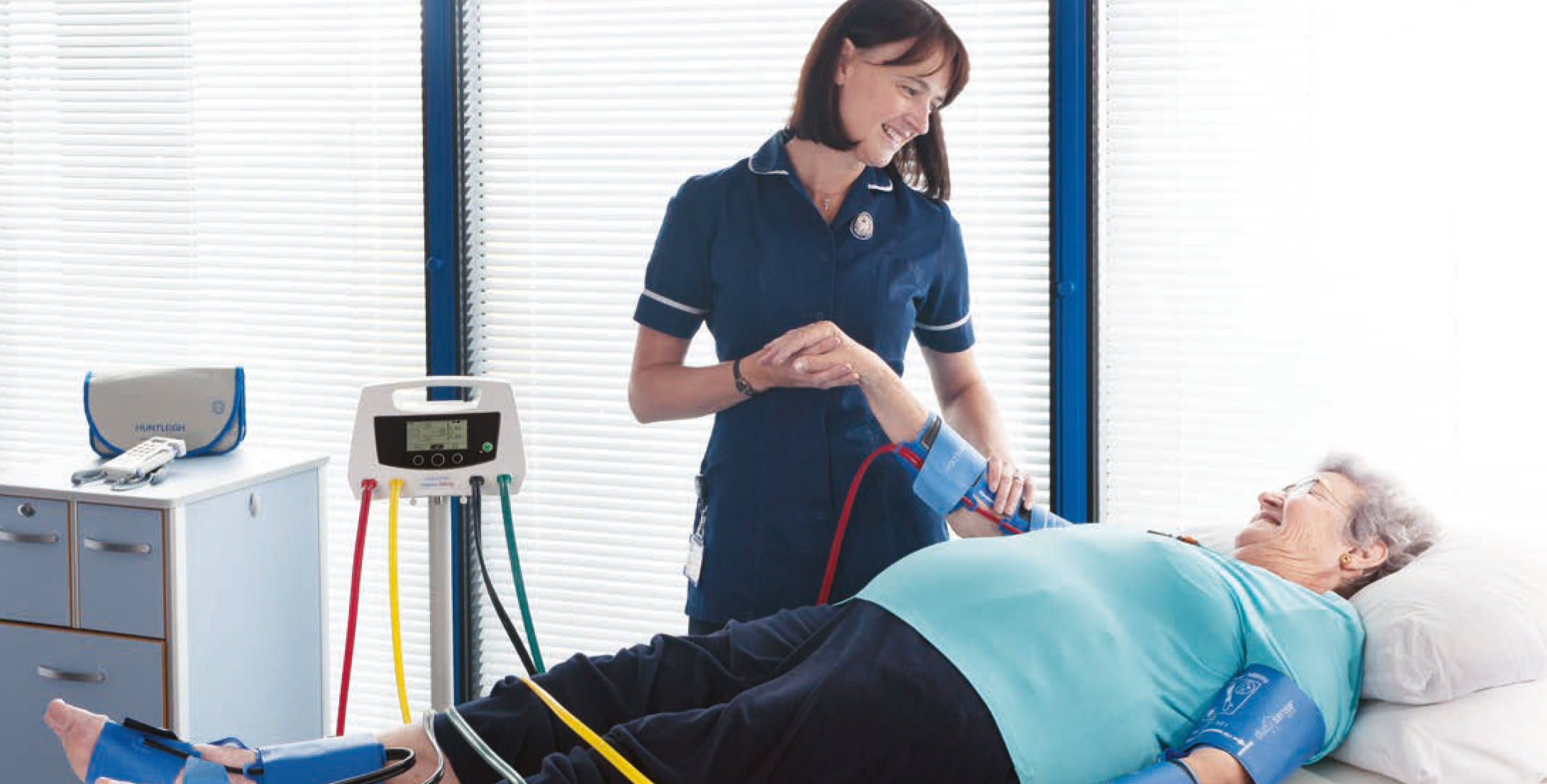ANDREW ROGERS A LATE CAREER RESEARCH STUDENT EXPERIENCE I took the long way around to get to my PhD research. The journey started with 25 years working in Public Health; a move into the private sector as a business consultant; the odd excursion to work with the WHO or UN in the Balkans, Central Europe… Read more »
Case Studies: Health Sciences
KESS 2 Alumni Case Study : Mirain Llwyd Roberts
MIRAIN LLWYD ROBERTS INTERGENERATIONAL CO-ORDINATOR, GWYNEDD COUNCIL The purpose of my research project was to explore the challenges and barriers facing intergenerational projects. The title of the research was: “Bridging the people and the community: The barriers and challenges facing intergenerational projects focusing on sustainability”. Several obstacles and challenges emerged during the research and a… Read more »
Assessing hand hygiene compliance and food safety culture in food manufacturing
EMMA SAMUEL A STUDENT’S PERSPECTIVE Food businesses have a duty to assure the food they prepare for people to consume is safe. One of the simplest and most effective ways to achieve this is by maintaining excellent hand hygiene practices during food production. However, research indicates that, for a host of reasons, food handler hand… Read more »
Enhancing technology to improve patient care
Peripheral Arterial Disease (PAD) is the less well-known branch of cardiovascular disease which relates to the narrowing or obstruction of the arteries in the legs. Previous research has shown that individuals with PAD have a three-to-six-fold increased risk of cardiovascular death compared to those who don’t have it. The main symptom of PAD is pain in the legs when… Read more »
The development of sensitive methods to quantify specfic antibodies directed against Clostridium difficile toxins and their use to provide improved immunotherapeutic products (Presentation)
Over the past decade the ‘superbug’, Clostridium difficile, has become the most common hospital acquired infection in the developed world. Epidemic strains have emerged which exhibit enhanced virulence factors including multidrug resistance, increased capacity to form highly resistant spores and produce significantly more toxins A and B than conventional strains. This project with MicroPharm, a small bio-pharmaceutical company based in West Wales, looks at recombinant fragments based on C. difficile toxins A and B that have been used to raise antibodies in sheep.
Read more »











